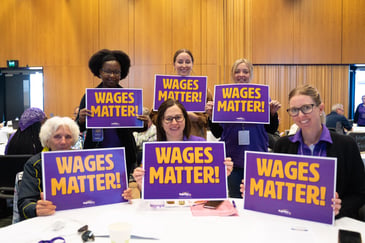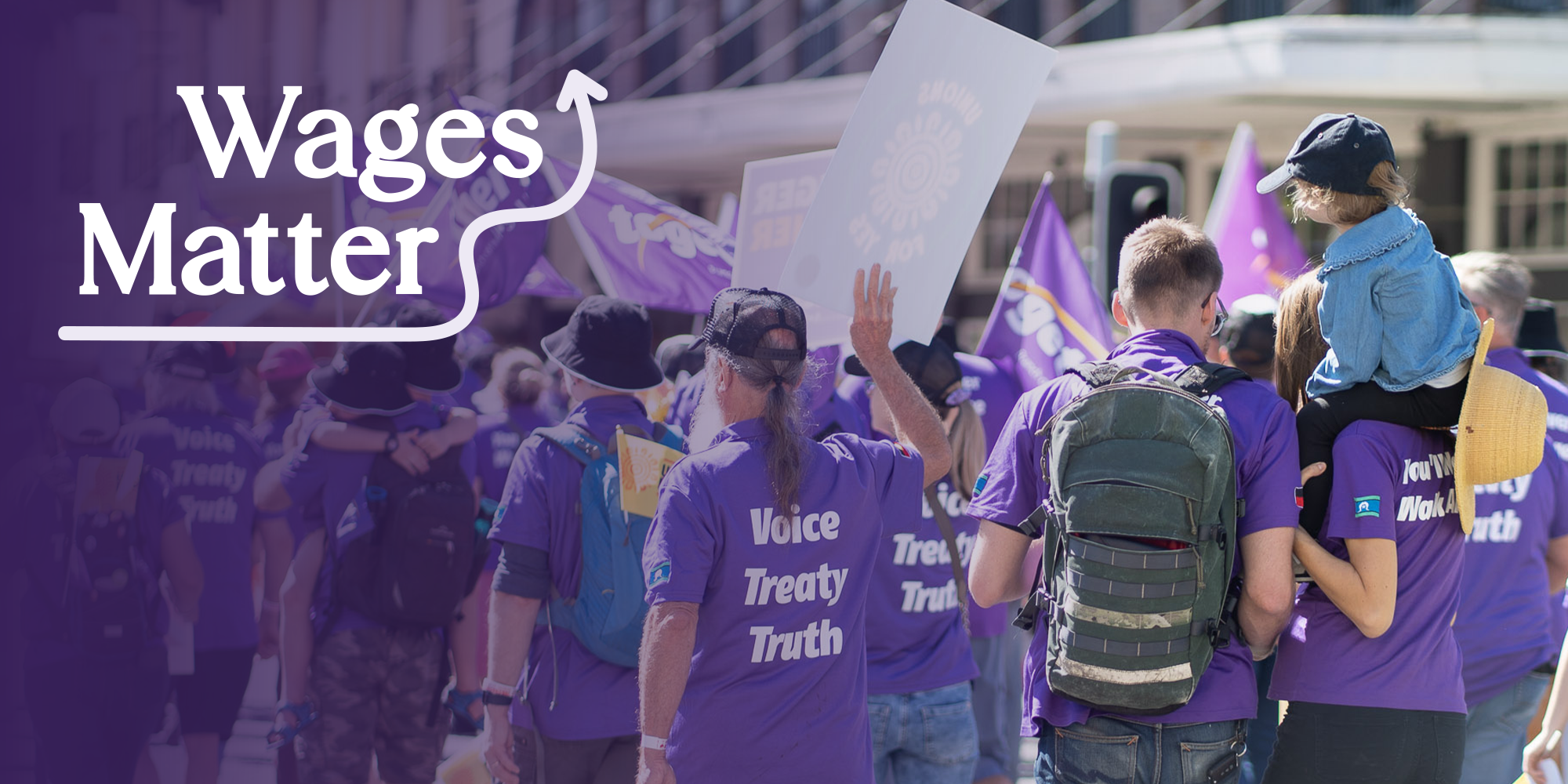Posts about Wages Matter
The Secure Jobs, Better Pay Bill has passed the Parliament!
Dec 5, 2022 3:51:40 PM
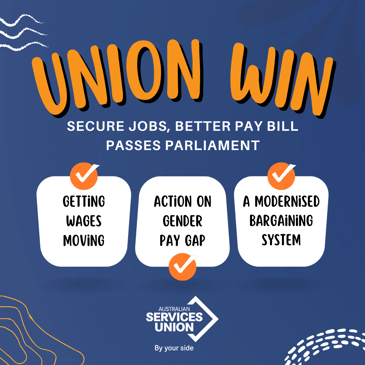
BREAKING: Movement on public sector wages – protest outside 1WS cancelled
Jun 21, 2022 11:07:43 AM
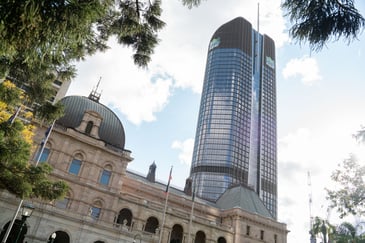
Unions win historic wage increase
Jun 15, 2022 3:04:00 PM
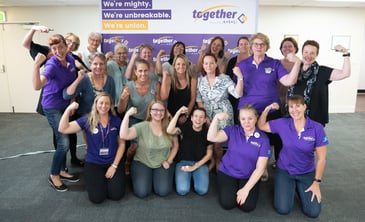
Wages Matter in 2022 - be part of the campaign!
Jun 15, 2022 12:04:43 PM
